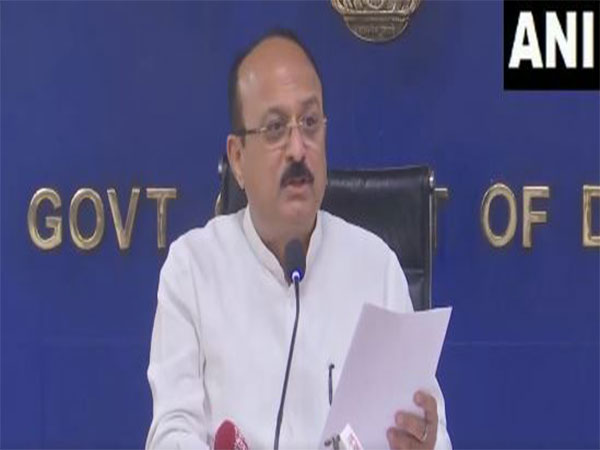Delhi's Fee-Hike Controversy: Government Takes Action on Private Schools
Delhi Education Minister Ashish Sood has announced a crackdown on private schools raising fees without authorization, highlighting corruption cases. With many schools on government land not following regulations, an investigation led by CM Rekha Gupta will ensure thorough audits. AAP also demands immediate action on fee collection.

- Country:
- India
In a decisive move, Delhi Education Minister Ashish Sood announced stringent actions against private schools that have unlawfully increased their fees. Addressing the media on Monday, Sood accused the previous AAP administration of neglecting oversight, which he claims enabled unwarranted fee hikes. The minister revealed that 335 of the 1,677 private schools in Delhi operate on government land, failing to adhere to the Delhi School Act of 1973, a regulation requiring government approval before any fee increase.
Sood cited a series of controversial cases, including Ahlcon International School, which is embroiled in a corruption scandal yet was allowed significant fee increases. He disclosed that Chief Minister Rekha Gupta will spearhead an investigation into alleged financial misconduct across schools. This effort marks the first comprehensive audit, as only 75 schools have historically been audited annually. "All 1,677 schools must undergo a thorough audit," Sood asserted, emphasizing that no school found in violation would be exempt from penalties.
In response to the escalating issue of fee hikes, AAP Leader and LoP Atishi has urged immediate action from Delhi Chief Minister Rekha Gupta. Atishi called for an audit of all schools requesting fee increases, ensuring it is conducted by CAG-empaneled auditors. She proposed that any fee hike approval, even as minimal as 1-2 per cent, should only be sanctioned if a school's financial deficit is verified to necessitate such an increase. (ANI)
(With inputs from agencies.)
- READ MORE ON:
- Delhi
- Education
- Fee Hike
- Private Schools
- Audit
- Corruption
- Government Land
- AAP
- Rekha Gupta
- Atishi
ALSO READ
Audit Uncovers Irregularities in Manipur's PM-KISAN Scheme
Delhi's Struggle Against Vehicular Air Pollution: CAG Audit Reveals Systemic Shortfalls
Supreme Court Exposes Corruption in Punjab and Haryana Bar Councils
Corruption Allegations: AAP's Mishandling of Delhi's Pollution Crisis
Federal Judge Dismisses Corruption Case Against NY Mayor Eric Adams










